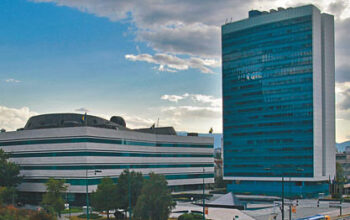Newly-released tabulations by the Central Elections Commission of BiH show that in some towns–particularly in Republika Srpska–there are more registered voters than residents. BiH conducted its first post-war census in 2013, and preliminary figures from the census, when compared to voter registration rolls, seem to indicate that large numbers of voters have registered in towns and cities in which they do not actually reside, according to a report published by Tanjug and B92.
According to the Central Election Commission (CIK) of Bosnia-Herzegovina, in the municipality of Kozarska Dubica 23,696 citizens were eligible to vote in the last election, while preliminary data from the population census conducted in 2013 showes that the municipality has 23,074 inhabitants.
Similarly, in Krupa-on-Una, where, according to the CIK, there were 1,799 eligible voters, the census showed the total population to be 1,687.
A new law on residence has been put forward in the BiH Parliament, but Bosniak-majority parties have blocked its passage. Earlier this year the government of Republika Srpska announced a decision to enact safeguards to prevent false residency claims in line with the current and proposed law, but the measure was struck down by the BiH Constitutional Court. The new figures make it clear that voter fraud could, as RS authorities have said, be a major factor in this year’s elections.


